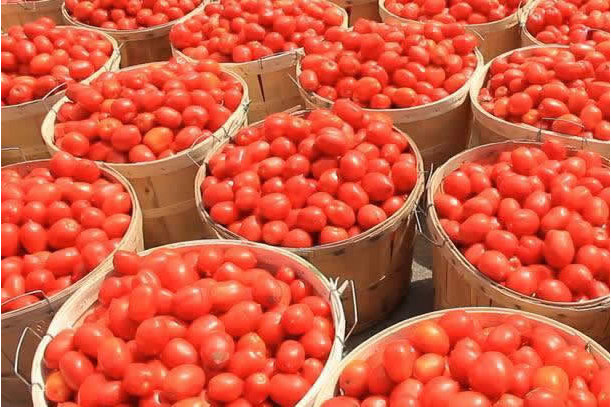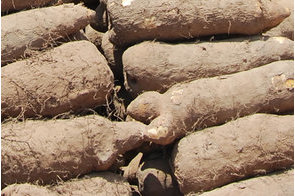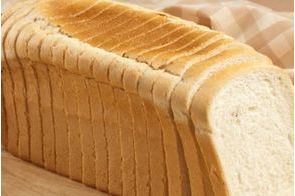Latest News
Nigeria’s inflation accelerates to 13.22 per cent on food prices

News Highlight
The high inflation, coupled with high unemployment rate and a looming economic recession would only increase Nigeria's misery index score.
Nigeria’s Consumer Price Index (CPI) rose to 13.22 per cent year-on-year in August, according to the latest monthly inflation report released today by the National Bureau of Statistics (NBS). This was the twelfth consecutive monthly rise in the CPI, which measures inflation. The headline inflation rose last month by 40 basis points (bps) (or 0.40 percentage point), compared to 12.82 per cent reported in July 2020.
On a month-on-month basis, the headline inflation increased by 1.34 per cent in August, or 0.09 percentage point higher than the rate recorded in the previous month (1.25 per cent). The NBS said there were increases in all major indices. All the Classification of Individual Consumption by Purpose (COICOP) divisions that yielded the latest headline index recorded increases.
Food inflation – which accounts for more than half the inflation basket – rose by 52 bps to 16 per cent last month compared to 15.48 per cent reported in July 2020, according to the statistics agency. The headline inflation and food inflation were the highest recorded since March 2018.
The NBS said the rise in the food inflation was caused by increases in prices of bread and cereals; potatoes, yam and other tubers; oils and fats; fruits; vegetables; fish and meat. On a month-on-month basis, the food sub-index increased by 1.67 per cent in August, up by 15 bps when compared to 1.52 per cent recorded in the preceding month.
Based on state profiles, food inflation was highest in Kogi (22.03 per cent), Kwara (19.11 per cent) and Edo (17.95 per cent), while Gombe (14.33 per cent), Kano (13.99 per cent) and Bauchi (13.42 per cent) recorded the slowest rise.
Core inflation, which excludes the prices of volatile agricultural produce, stood at 10.52 per cent in August, up by 0.42 percentage point when compared to the preceding review period. The statistics agency said the highest increases were recorded in prices of passenger transport by air, pharmaceutical products, hospital services, medical services, and maintenance and repair of personal transport equipment.
Price increases were also recorded in vehicle spare parts, motor cars, passenger transport by road, miscellaneous services relating to the dwelling, repair of furniture and paramedical services.
The latest data shows the inflation rate has risen by 220 pbs since August 2019. The headline inflation has been rising since September 2019 as the effects of the Nigerian border closures began to weigh on food prices. COVID-19 restrictions have also contributed to the pressure on food prices.
The recent removal of petrol subsidy and the increase in electricity tariffs by the Nigerian government are also expected to further accelerate the inflation rate. Coupled with high unemployment rate and a looming economic recession, Nigeria's misery index score would only increase. Measured by the Professor of Applied Economist at the John Hopkins University in the United States, Steve Hanke, the Misery Index score of a country is the sum of the unemployment, inflation and bank lending rates, minus the percentage change in real GDP per capita. Nigeria ranked as the 6th most miserable nation in the world in 2018 with a Misery Index score of 43.0.
Related News
Latest Blogs
- The Museum of West African Art saga
- The complexity and complication of Nigeria’s insecurity
- Between bold is wise and wise is bold
- Prospects of port community system in Nigeria’s maritime sector
- Constitutionalism must anchor discipline in Nigerian Armed Forces
Most Popular News
- NDIC pledges support towards financial system stability
- Artificial intelligence can help to reduce youth unemployment in Africa – ...
- World Bank approves $500m loan for small businesses in Nigeria
- AfDB mobilises $11 billion for investment-led development
- Nigeria’s December PMI hits 57.6 points as economic activities strengthen
- Lagride secures $100 million facility from UBA







